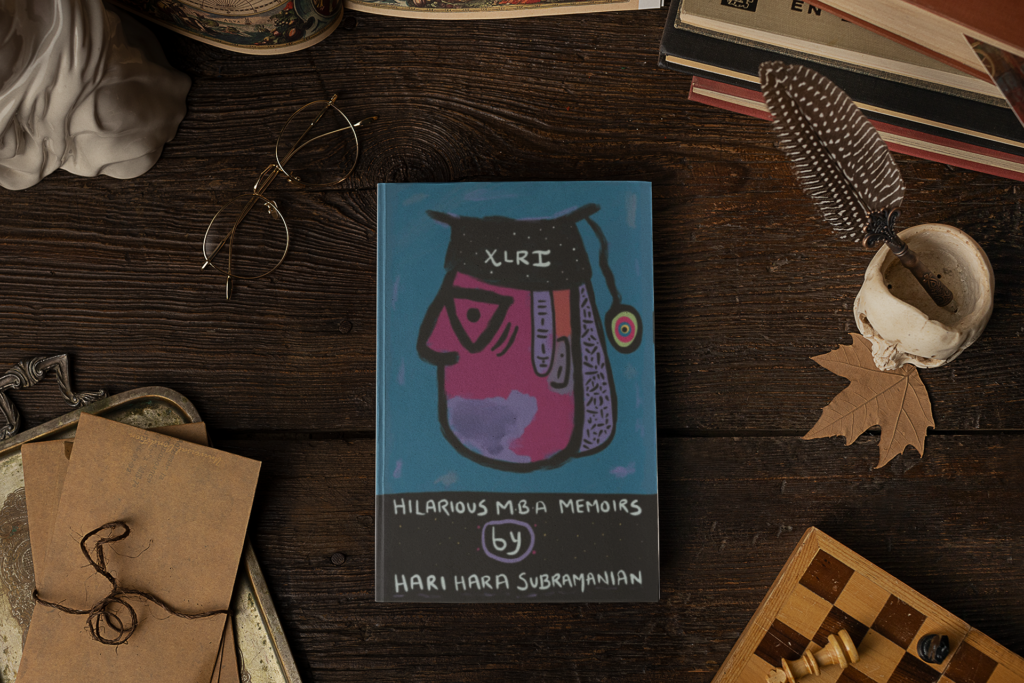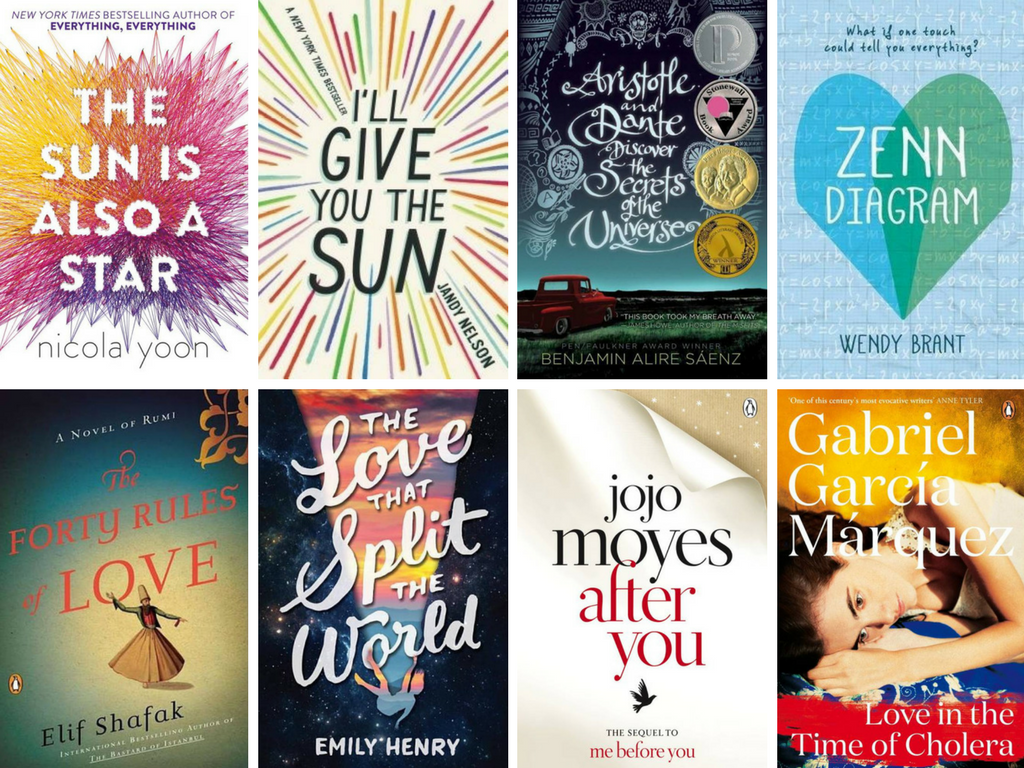
The Bookoholics recently sat down with Hari Hara Subramanian, author of “Hilarious MBA Memoirs”. We had an endearing and interesting conversation with him on his book, and everything that comprised it. Have a read below:
1. Can we put this book in the category of autobiography instead of a fiction?
You could call it an autobiography, but a few creative liberties have been taken (I would say about 10% of the book). Largely, the book is a mirror of a lot of incidents from my life. I would not call it an autobiography as it doesn’t cover some other elements in greater detail, like my corporate journey, my parenting journey, etc.
2. How did you deal with the self-doubts a writer goes through?
I had a lot of self-doubts about whether I was good enough to be a writer. But I thought the best way to remove these doubts was to complete the action and wait for the world to decide the quality of the output. I got a lot of encouragement from my friends and family when I discussed the idea of my book. I got some great suggestions as well. This helped me remove my self-doubts of whether I could complete the book or not. Once I wrote the manuscript, I was very confident that readers would appreciate my effort.
3. What was the most difficult part to write, creatively?
I struggled to give a fitting conclusion to the book. I had carefully picked and chosen anecdotes that would keep the story moving, but when it came to the point of conclusion, I realized that I had to give a realistic yet enjoyable climax. I decided to stick to my original thought basis my real-life experience, and luckily, it turned out well.
4. Who is your favourite character? And why?
My favourite character is one of the Professors, Anthony, who really gave the protagonist a real tough time on social media. The Professor makes the lead character go off social media, which is something you would not expect. The whole nature of the anecdote stayed with me while writing the book.
5. How was the journey from finishing the manuscript to publishing?
It took me a while to publish the manuscript. I went through a lot of iterations in trying to keep the language crisp, light and enjoyable. I removed a lot of content which I thought would hamper the flow or give the book a serious tone. Once the team at Paper Towns finished the editing, I was sure the book had come out well. I really liked the editor, Shivang’s inputs. For the cover design, I took the help of my batchmate from XLRI, who was a creative person.
6. Which one person do you wish would read your book?
I wish Ayushmann Khurrana would read the book as I can see him play this character if the script is converted to a movie.
7. What publishing advice would you give to new authors?
A first-time author should pick a plot or a theme that they are confident about. It could be fiction, memoir, a business area of expertise, etc. Once you are confident about the topic, write a broad storyline and test it with a few people for feedback. Then once you start writing, the words will flow. Blogging is a great way to improve your writing.
8. How did your book affect your personal life?
It was a very satisfying experience to get a copy of the book in my hand. People all around me were proud of me. My daughter saw my photo on the back cover of the book and seeing her smile gave me immense satisfaction. It has given me a lot of confidence to attempt things which are out of my comfort zone.
9. Did you ever face the so-called writer’s block? How did you deal with it?
For the most part of writing the book, I did not. But towards the end of the manuscript, I was really running out of ideas on what the concluding chapters should be and how could it flow into a meaningful ending. I decided to just stop writing for a few weeks, knowing that sooner or later, I would get back to it. This break of a few weeks helped me recharge and come back to complete the manuscript.
10. Did this book, in any way, change you as a person?
The book has given me a lot of self-belief to step out of my comfort zone and venture into uncharted territory. It has helped me structure my thoughts and shape my thinking better. It has helped me unearth a creative side of me which I was not aware.
11. What was the most common response you got from the readers?
Readers have loved the simplicity of language, the fun element throughout, and the narrative style. Lots of people have especially told me about the “Lord Hari” incident and how they could relate to the “ratta” system of education.
12. Who is your favourite Indian author? Or which book do you like the most?
I like Ravi Subramanian’s books for his fast-paced plots. In the non-fiction genre, “The Secret” is a book which I like. Lately, I have been reading a lot of autobiographies, and Sourav Ganguly’s “A Century is not enough” is really inspiring.
13. How many unpublished and half-finished books do you have?
I am currently working on a children’s picture book, and I have half a dozen book ideas, which I need to flesh out into a proper structure.
14. If you had a chance to write the book again after all the feedback that you got, would you change anything about it? If yes, then which part?
Not really. I would retain the book as it is. Most of the feedback I have gotten is that the book is simple, crisp, and a fun-read, which is how I wanted it to be. I am overwhelmed by the amount of early, positive feedback I have gotten so far. A lot of readers have told me that the book brought a smile on their faces, which is what I had in mind
15. If you didn’t have to care for the word count, which part would you have written more about?
Honestly, my book is about 35,000 words (128 pages), which is half of a typical book, which would be around 60 to 70,000 words. I wanted to keep it crisp, easy, and breezy. Probably, in the next book, I would talk more about the parenting and corporate journey in a funny way.
16. What is your message for young authors?
The first step is always the hardest. So, start writing. You never know how far it will take you. Blogging is a great way to improve writing, experiment with genres, and get feedback. Read a lot before you start writing. Focus on controllable elements and activities without obsessing about the result. The universe will conspire to take you ahead. Do not give up. The joy of seeing the copy of your book in your hands is worth the effort.
We wish Hari all the best for his future endeavours.
























